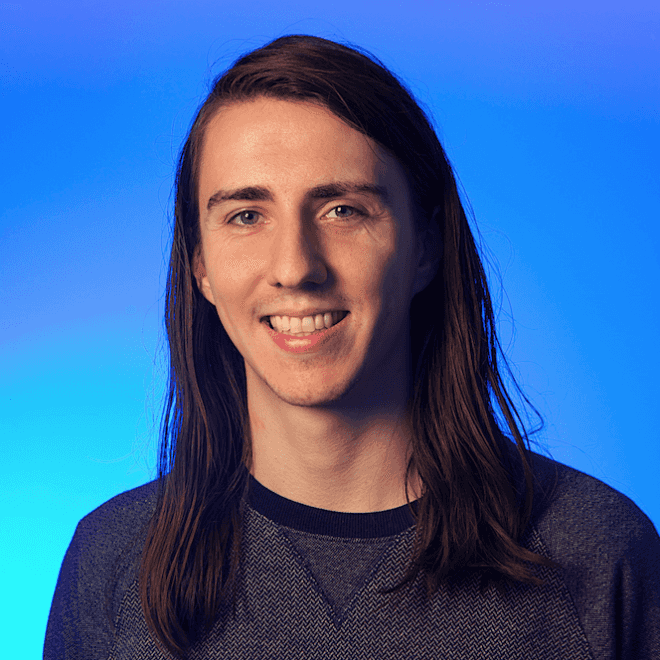Variational Algorithms and Resources for Near-Term Quantum Simulation

Speaker
Troy Sewell(QuICS)
Event Type
Dissertation Defense
Date & Time
May 15, 2023, 3:00pm
Where to Attend
ATL 3100A and Virtual Via Zoom
The difficulty of efficiently simulating quantum many-body systems was one of the first motivations for developing quantum computers and may also be one of the first applications to find practical computational advantage on real quantum hardware. With the relatively recent advent of publicly available quantum technologies, we have now entered the era of noisy intermediate-scale quantum (NISQ) computing. The capabilities of these technologies are evolving rapidly, and with them the computational affordances to which we have access. The time is now ripe to test the capabilities of existing quantum hardware and leverage them to the best of our ability toward achieving a practical quantum computational advantage. In this dissertation, we address these aims by benchmarking a class of variational multi-scale quantum circuits for state preparation which are locally robust against noise. We demonstrate the advantages of these multi-scale circuits compared to a purely local circuit ansatz using the critical transverse-field Ising model to optimize circuit parameters, numerically test the noise resilience of observables and customized error mitigation techniques using a local gate noise model, and demonstrate the robustness of local subregion preparation on an existing ion-trap quantum computer. We then show how the ground state optimized circuit can be simply extended to an ansatz for thermal state preparation using the separation of energy scales afforded by the multi-scale circuit structure. Additionally, we evaluate the quantum resources needed for some quantum simulation tasks. We estimate the gate complexity of the site-by-site algorithm for fault-tolerant ground state preparation, which we extend to the case of degenerate Hamiltonians. Using matrix product states we evaluate the non-stabilizer quantum resources needed to represent thermalized subregions of a chaotic Potts model, which we use to address the feasibility for classical simulation of quantum hydrodynamics.
*We strongly encourage attendees to use their full name (and if possible, their UMD credentials) to join the zoom session.*